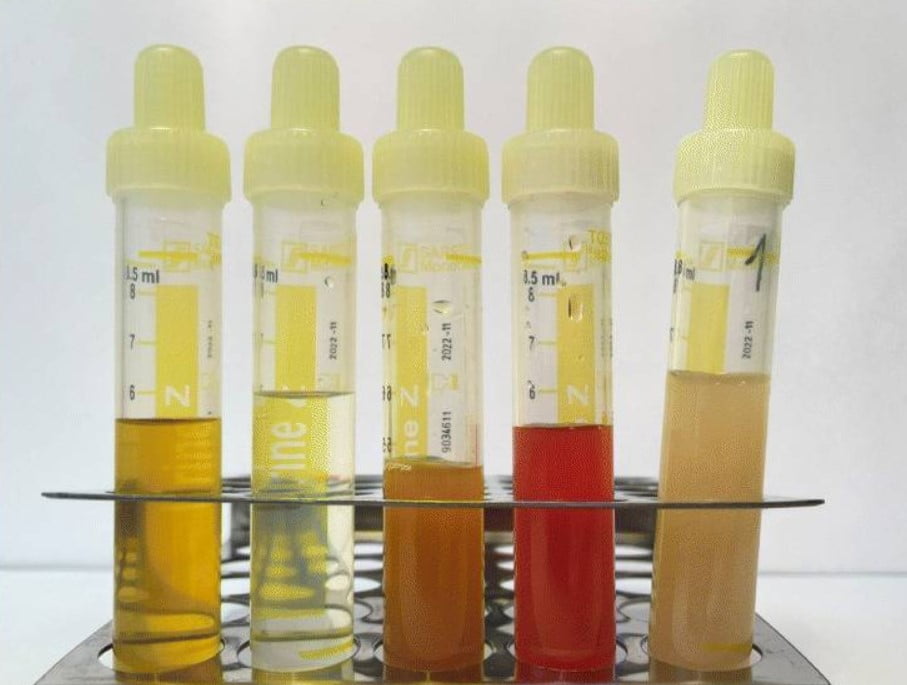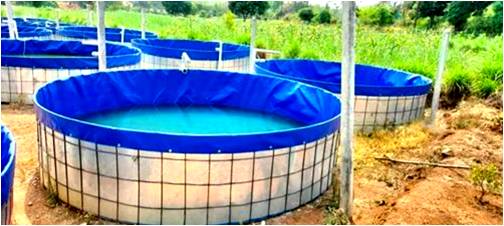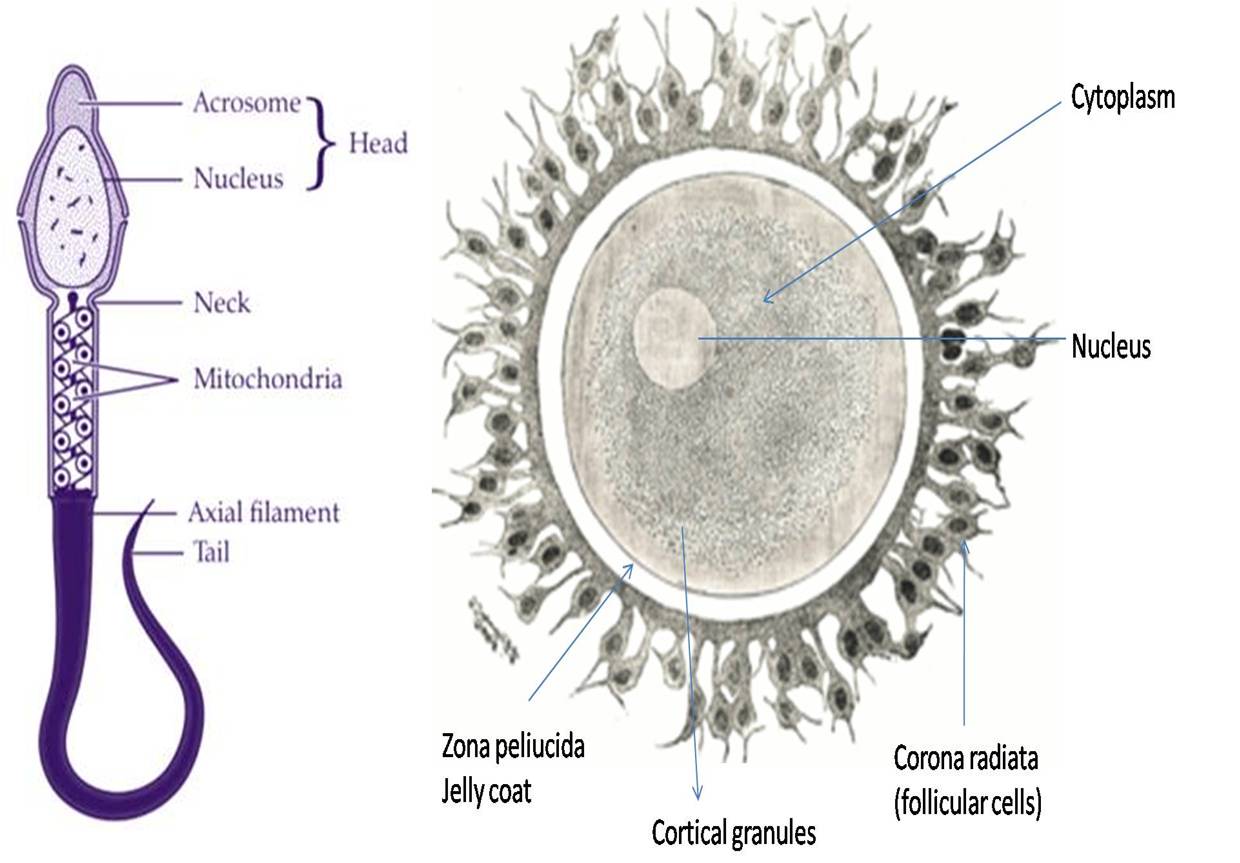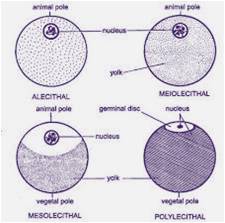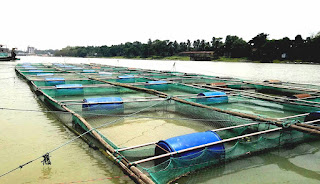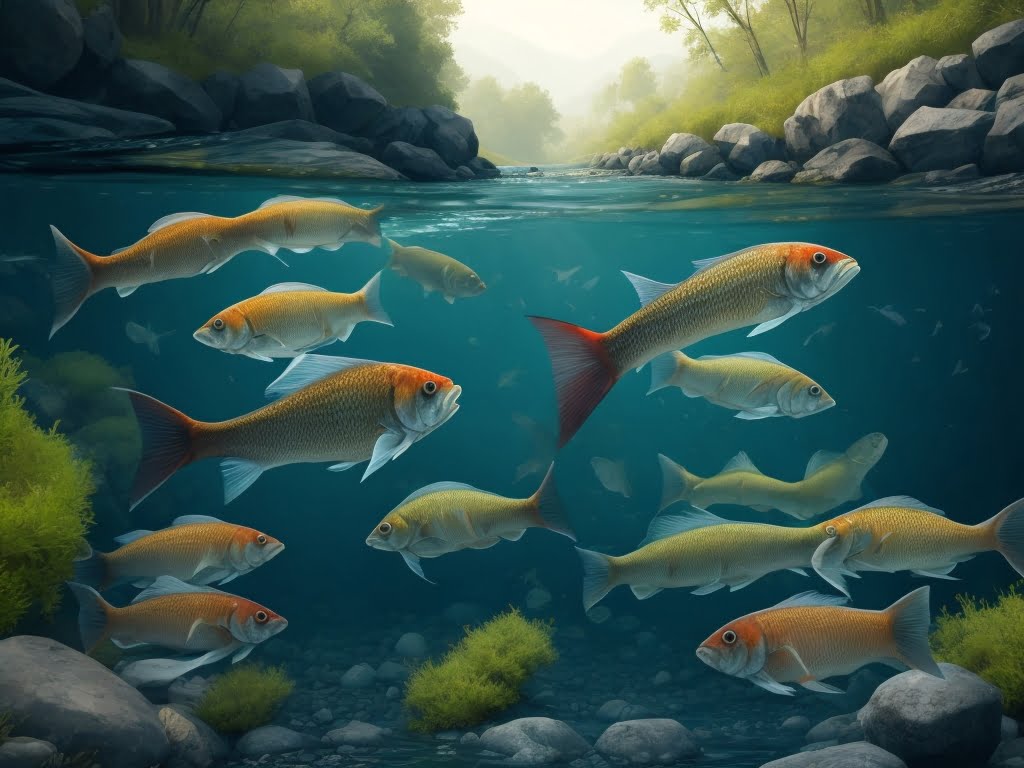Indian Pomfert Fishery: Pomfrets fishery are belonging to the family, Carangidae and Stromateidae. They are shoaling demersal fishes. Pomfert fishes are very popular for delicious table fish available along Indian coast. It has high export quality and good fetch market value. They are found below upto 100 fathoms on the continental shelf. Pomfert fishery are distributed along both the west and east coasts, they are found to be abundant in Gujarat and Maharashtra. Black pomfret and Silver pomfret are dominant and abundant in Gujarat, Maharashtra, to be followed Orissa and Andhra Pradesh. Chinese pomfret have a minor fishery and the maximum production is mainly from Karnataka state. As similar other marine water fisheries of coastal fishes the pomfrets also frequently enter in the brackishwater zones (estuaries).
The higher or dominant landings of pomfert fisheries of Gujarat of about (25.6%), Orissa (11%), Andhra Pradesh (8.6%), West Bengal (6.1%), Kerala (5.31%) and Tamil Nadu (4%). Also this fishery occur in Mahanadi River, estuary and Sandhead region of are productive fishing grounds for pomfrets.
Chief Indian Pomfert Fishery
These are represented by Parastromateus niger (Brown Pomfret), Pampus argenteus (Silver Pomfret) and P. chinensis (White Pomfret). ‘Indian pomfert fishery’
Other species is S. cinereus, commonly called as grey or silver pomfret.
It occurs throughout the Indo-Pacific region. ‘pomfert fishery’
The annual average capture of fishery 38000 tonnes forming 2% of total marine catch
Body is ovate, compressed from side to side and slim, covered with thin, small scales.
Body colour is deep grayish to light brown, grey and silvery below.
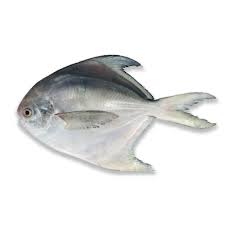
These fishes are well known for the good taste and considered as highly prized marine fishes in market.
They are feeding copepods and other smaller crustaceans
These fishes are processed with salt dried, chilled and supplied in mass to the interior parts of the country.
The peak-fishing season is September to May ‘pomfert fishery’
They are fishing out from November to February in the Northern part and July to September in the southern part of the coast. ‘pomfert fishery’
The gear used for catching these fishes like drift gill, bag nets and trawl nets.
Value added and by products of Indian Pomfert Fishery
The Indian pomfret fishery is one of the most important fisheries in India. Pomfret is a popular fish among consumers, and it is also a valuable export commodity. The production of value-added products and byproducts from Indian pomfret can help to increase the value of the fishery and to create jobs and income in coastal communities.
Here are some examples of how value-added products and byproducts from Indian pomfret are being used:
- Fillet of pomfret is a popular product in restaurants and supermarkets around the world.
- Steaks of pomfret are often served as a main course in high-end restaurants.
- Breaded and battered pomfret is a popular product in fast food restaurants and frozen food sections of supermarkets.
- Smoked pomfret is a popular product in delis and specialty food stores.
- Dried pomfret is a popular product in many parts of India, where it is often eaten as a snack or with rice.
- Fishmeal is used to feed fish, poultry, and other animals in many parts of the world.
- Fish oil is used in a variety of products, including dietary supplements, cosmetics, and pharmaceuticals.
- Chitosan is used in a variety of products, including food processing, cosmetics, and pharmaceuticals.
The production and use of value-added products and byproducts from Indian pomfret is a growing industry. As the demand for seafood continues to grow, the production of value-added products and byproducts from Indian pomfret is expected to increase. This will help to increase the value of the fishery and to create jobs and income in coastal communities.

